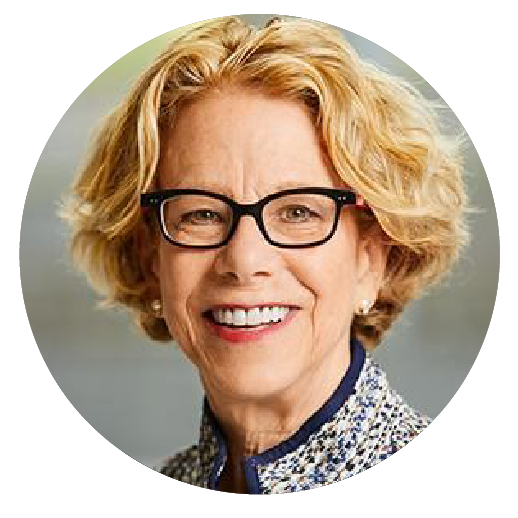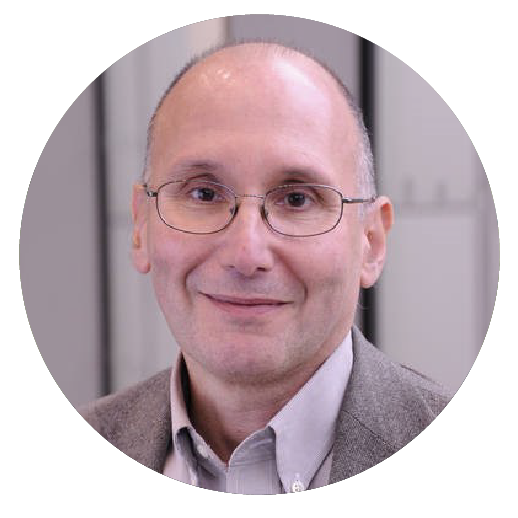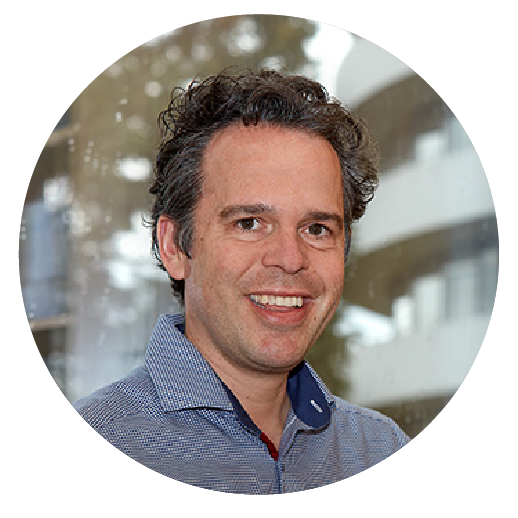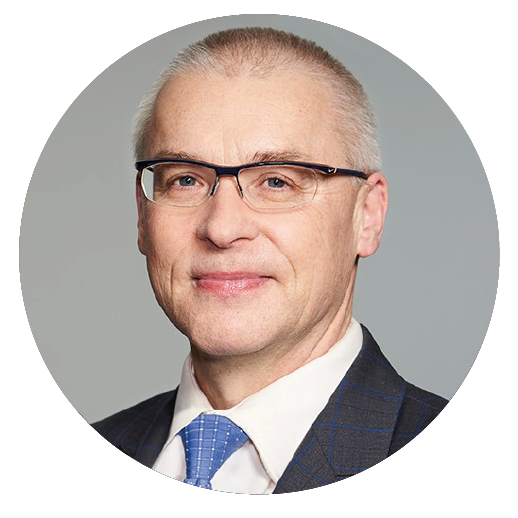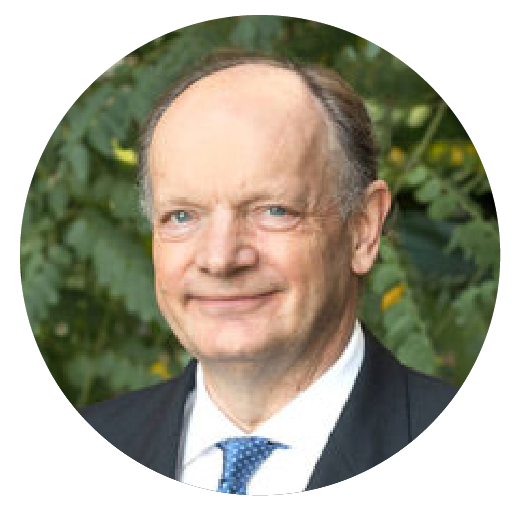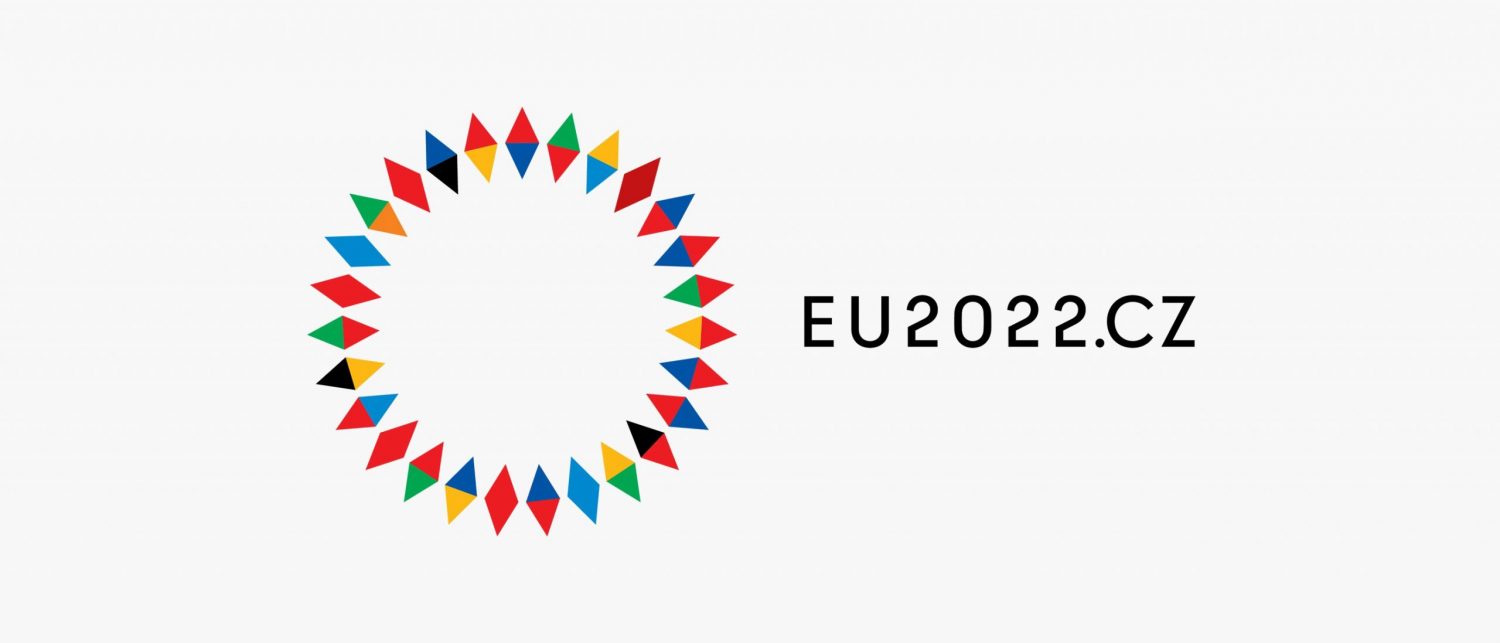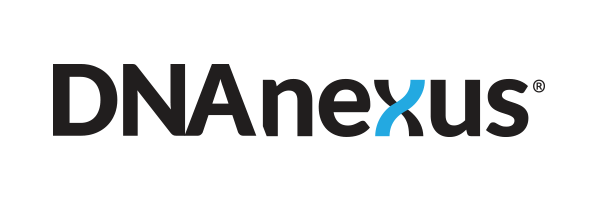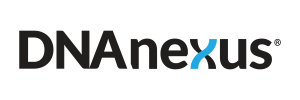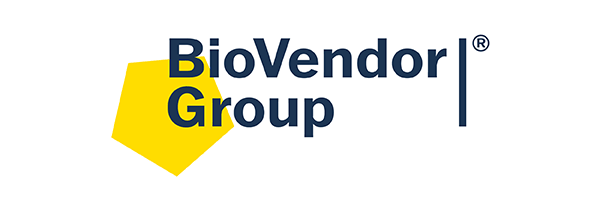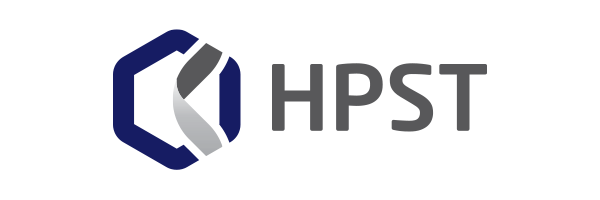Brno has a strategic location! The conference will take place at the Augustinian Abbey and the Hotel Passage.
Further details, in particular measures related to COVID-19, will follow as the situation develops.
Travel connection to Brno
With the Internet spreading like wildfire and reaching every part of our daily lives, more and more traffic is directed to websites searching for information.
How to get to Brno
You can comfortably get here by air, bus, train or car.
BY AIR
Visitors of Brno can use International Airport Brno-Tuřany, which provides flights to London/Stansted. The visitors can use International Prague Airport, and Brno is also well connected to the international airport in Vienna (Austria).
Brno – Tuřany Airport
Brno 904/1, Tuřany, Czech Republic, Phone: +420 545 521 111
E-mail: sekretariat@brno-airport.cz
Website: www.brno-airport.cz/en
The airport is located 12km/20 minutes from the city center. You can easily take a taxi or the express bus, which is directly located outside the entrance to the airport terminal.
Vienna International Airport
Einfahrtsstrasse, Schwechat 1300, Republic of Austria, Phone: +43-1-7007-0
E-mail: aviationmarketing@viennaairport.com
Website: www.viennaairport.com/en/passengers
There is no direct flight from Vienna to Brno because of too short distance. Most accessible transportation from Vienna airport to Brno is with bus operator Student Agency offering eight connections daily from Vienna to Brno from 13 EUR one way. The duration of the travel is approximately 2,5 hours. Tickets are available to purchase online at the website.
Václav Havel Airport Prague
K Letišti 6/1019, 160 08, Prague 6, Phone: +420 220 111 888
Website: www.prg.aero/en
Most accessible transportation from Prague is with bus operator Student Agency offering 36 connections daily from Prague to Brno from 8 EUR one way. The duration of the travel is approximately 2,5 hours. Tickets are available on online websites with German and English versions.
BY BUS OR TRAIN
Student agency is a reliable bus and train company www.studentagency.eu/en
From Vienna and Prague, we also recommend the RailJet train category to Prague and Vienna
www.idos.cz – universal bus/train search engine and public transport planner
BY CAR
Brno is located on the main Czech highway D1 and D2. For highways and some bigger roads, it is necessary to have a highway sticker for sale at the border crossing, petrol stations, post offices, and motor clubs.
TAXI information
Useful Links:
Czech Trainways
Brno Airport
RegioJet – bus & train
Currency
The currency in Czech Republic is the Czech Crown (CZK). It is called “koruna” (abbreviated Kč).
Exchange rate is approximately: 25 CZK for 1 €.
Coins appear in denominations of 1, 2, 5, 10, 20 and 50. Notes are available in denominations of 100, 200, 500, 1000, 2000 and 5000.
All major credit and debit cards are widely accepted at shops, hotels, banks and ATM machines. Euros are usually not accepted. Therefore, we recommend having some cash in Czech Crowns.
You can exchange cash in banks (usually some small fee is applied) or at exchange office (where exchange rates can vary) or use an ATM machine to withdraw – there are a lot of them in the city.
Passport and Visa
A valid passport is required for entry into Czech Republic. A visa may be required for some countries – please check with your embassy. For more information about visa, please visit the website of the Ministry of Foreign Affairs.
Voltage
The voltage in Czech Republic, as in most of Europe, is 230V/50 Hz. Czech Republic uses type C and type E sockets.





